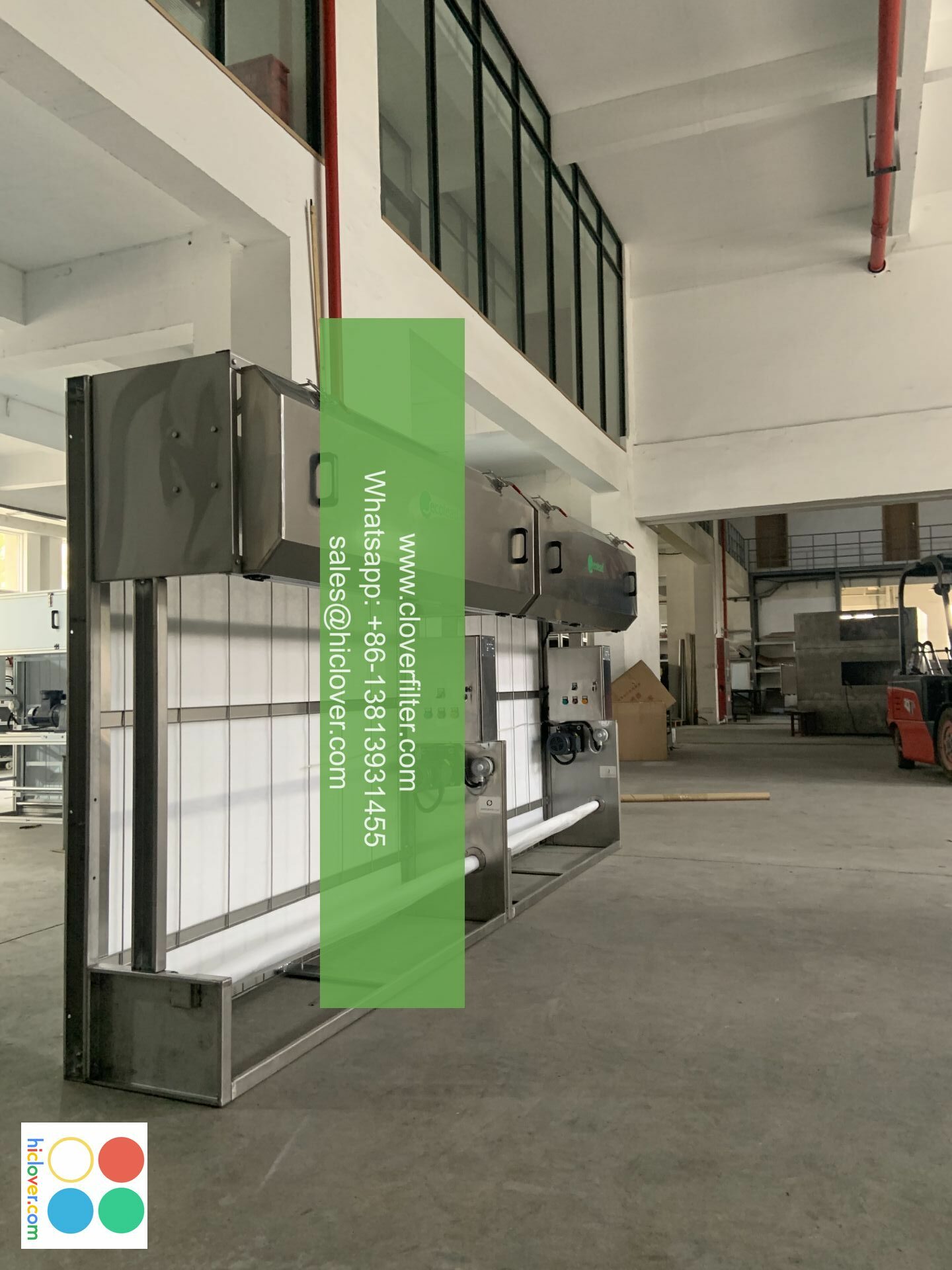How to Choose the Right Air Filter for Your Needs

How to Choose the Right Air Filter for Your Needs
Air filters are an essential component in many industrial, commercial, and residential applications, playing a crucial role in maintaining air quality, reducing contamination, and improving overall system efficiency. With numerous options available in the market, choosing the right air filter can be a daunting task. In this article, we will guide you through the process of selecting the perfect air filter for your specific needs and application areas.
Understanding the Types of Air Filters
Before we dive into the selection process, it’s essential to understand the different types of air filters available. There are several types, including:
- Mechanical Filters: These filters capture particles and contaminants by using a physical barrier to trap them. Examples include fiberglass, paper, and throwaway filters.
- Activated Carbon Filters: These filters use activated carbon, which is effective in removing gases, odors, and impurities from the air.
- HEPA (High Efficiency Particulate Air) Filters: These filters are designed to capture 99.97% of particles as small as 0.3 microns, making them ideal for capturing dust, pollen, and other small particles.
- UV (Ultraviolet) Filters: These filters use UV light to kill bacteria, viruses, and other microorganisms, making them suitable for applications where airborne pathogens are a concern.
- Residential Applications: For homes and offices, a HEPA Filter or an Activated Carbon Filter would be suitable, as they are effective in capturing small particles and odors.
- Industrial Applications: For high-particulate industries such as construction, manufacturing, and mining, Mechanical Filters or Fiberglass Filters are more suitable, as they can capture larger particles and debris.
- Healthcare Facilities: For hospitals, clinics, and other healthcare facilities, HEPA Filters and UV Filters are vital in reducing the risk of airborne infections and improving air quality.
- Commercial Applications: For restaurants, schools, and other public spaces, Activated Carbon Filters can help remove odors and particles, while HEPA Filters can be used to remove dust and other small particles.
- Particle Size: The size of the particles or contaminants you want to capture will determine the type of filter you need.
- Airflow: The airflow rate, measured in cubic feet per minute (CFM), will affect the filter’s performance and efficiency.
- Pressure Drop: The pressure drop, measured in inches of water column (IWC), will impact the filter’s efficiency and energy consumption.
- Maintenance: Consider the maintenance requirements, including replacement frequency and cost, to ensure the filter remains effective and efficient.
Selecting the Right Filter for Your Application Area
The type of air filter you choose depends on the specific application area and the level of air quality required. Here are some key areas to consider:
Key Considerations When Selecting an Air Filter
When choosing an air filter, consider the following key factors:
Conclusion
Choosing the right air filter for your needs requires careful consideration of the application area, particle size, airflow, pressure drop, and maintenance requirements. By understanding the different types of air filters and key factors to consider, you can select the perfect air filter for your needs, ensuring improved air quality, reduced contamination, and increased efficiency. Remember, the right air filter can make all the difference in maintaining a healthy, comfortable, and productive environment.
I’m ready to assist you. What would you like to talk about or ask?


